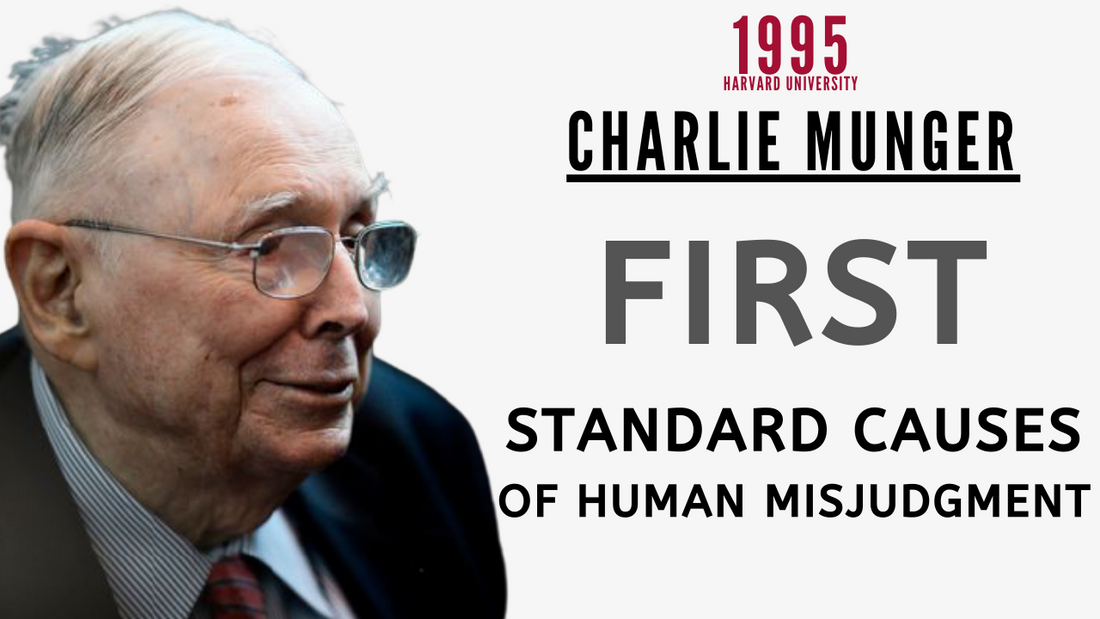
Charlie Munger: First Standard Causes of Human Misjudgment. | Harvard University 1995【C:C.M Ep.71】
[Transcript]
CHARLIE MUNGER: First. Under recognition of the power of what psychologists call reinforcement and economists call incentives. Well, you can say, “Everybody knows that.” Well, I think I’ve been in the top 5% of my age cohort all my life in understanding the power of incentives, and all my life I’ve underestimated it. And never a year passes, but I get some surprise that pushes my limit a little farther.
One of my favorite cases about the power of incentives is the Federal Express case. The heart and soul of the integrity of the system is that all the packages have to be shifted rapidly in one central location each night. And the system has no integrity if the whole shift can’t be done fast. And Federal Express had one hell of a time getting the thing to work. And they tried moral suasion, they tried everything in the world, and finally, somebody got the happy thought that they were paying the night shift by the hour and that maybe if they paid them by the shift, the system would work better. And lo and behold, that solution worked.
Early in the history of Xerox, Joe Wilson, who was then in the government, had to go back to Xerox because he couldn’t understand how their better, new machine was selling so poorly in relation to their older and inferior machine. Of course, when he got there he found out that the commission arrangement with the salesmen gave a tremendous incentive to the inferior machine.
And here at Harvard, in the shadow of B.F. Skinner, there was a man who really was into reinforcement as a powerful thought, and you know, Skinner’s lost his reputation in a lot of places, but if you were to analyze the entire history of experimental science at Harvard, he’d be in the top handful. His experiments were very ingenious, the results were counterintuitive, and they were important. It is not given to experimental science to do better.
What gummed up Skinner’s reputation is that he developed a case of what I always call man-with-a-hammer syndrome, to the man with a hammer, every problem tends to look pretty much like a nail. And Skinner had one of the more extreme cases in the history of Academia, and this syndrome doesn’t exempt bright people. It’s just a man with a hammer and Skinner is an extreme example of that. And later, as I go down my list, let’s go back and try and figure out why people, like Skinner, get the man-with-a-hammer syndrome.
Incidentally, when I was at the Harvard Law School there was a professor, naturally at Yale, who was derisively discussed at Harvard, and they used to say, “Poor old Blanchard. He thinks declaratory judgments will cure cancer.” And that’s the way Skinner got. And not only that, he was literary, and he scorned opponents who had any different way of thinking or thought anything else was important. This is not a way to make a lasting reputation if the other people turn out to also be doing something important.
(Source: https://youtu.be/07f8oasWqWg)
[YAPSS Takeaway]
